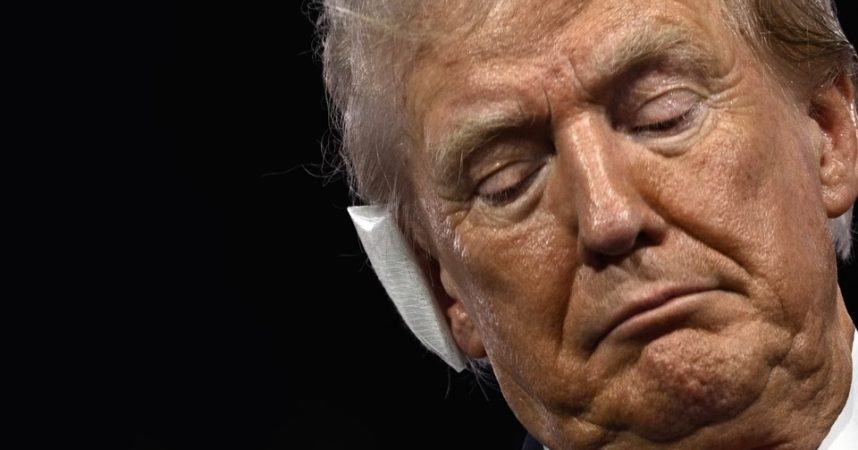A federal appeals court in Washington DC has expedited a complaint by the Commodity Futures Trading Commission (CFTC) that seeks to block financial exchange and prediction platform Kalshi from offering bets on US politics.

However, the fast-tracked appeal won’t impact Kalshi’s ability to take bets on the November 5 presidential election. Under the court’s new schedule, the CFTC is required to file its legal brief by Wednesday, October 16, and for Kalshi to respond by November 15, 10 days after election day.
The CFTC claims Kalshi’s prediction markets pose a threat to the integrity of the election and exposes it to manipulation.
Kalshi Expands Political Markets
The news comes as Kalshi has expanded its political markets to take in everything from the presidential popular vote to Electoral College contests and individual Senate races.
The platform restarted trading on political markets just days after the appeals court lifted an injunction on October 2 that prevented it from doing so. Since then, Kalshi users have wagered more than $12 million on the presidential race alone.
Kalshi is regulated by the CFTC because the product it offers, events contracts, are a type of derivative. These contracts allow users to speculate on the outcome of a specific event by placing money on a “yes” or “no” eventuality before expiring.
The CFTC ordered Kalshi to cease offering political markets because betting on elections is illegal in the US. Kalshi responded by suing its regulator, arguing the ban amounted to overreach by the agency.
On September 7, a lower-court judge sided with Kalshi. The platform resumed its contracts on the election on September 12, but they were frozen within a matter of hours after the CFTC obtained an injunction from the appeals court, pending arguments from both parties.
Flawed Polls
Kalshi has long argued its contracts are in the public interest because they provide accurate data for election forecasting. Prediction sites are often more accurate than the polls when it comes to calling political events. That’s probably because they draw from a wide sample size of people who are unlikely to vote against their own financial interests.
Meanwhile, poll respondents sometimes lie. That might be because they are too embarrassed to admit that they haven’t gotten around to registering to vote, or because they are more interested in providing the answer they think the pollster wants to hear rather than their own opinion.
Is Trump’s Edge Real?
All this is good news for Donald Trump, who has pulled ahead of Kamala Harris in prediction markets like Polymarket, despite trailing by tiny margins in the polls.
However, the crux of the CFCTs argument is that these markets are susceptible to manipulation because wealthy individuals or entities with a vested interest in the result could skew them by placing large bets on certain candidates.
Thus, it might be possible to manipulate beliefs among the public about the chances of a candidate winning in an attempt to boost fundraising, campaign morale, and turnout.
Kalshi is offering institutional investors the opportunity to put as much as $100 million on either candidate for a win in November.
The post Kalshi US Election Case Fast-Tracked as Trump Gains Edge in Prediction Markets appeared first on Casino.org.



